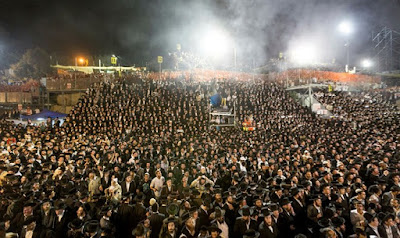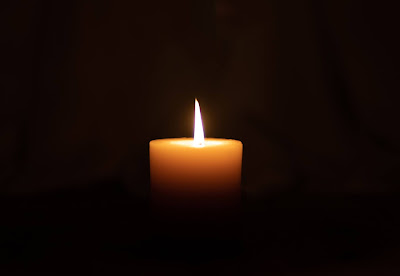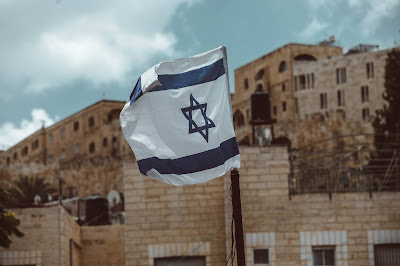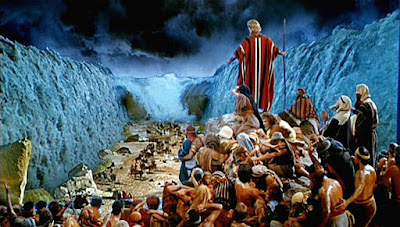by Rabbi Shmuel Eliyahu, Chief Rabbi of Tzfat, yeshiva.co, translated by Hillel Fendel
Every year, more and more myriads of people stream to the gravesite of the author of the Kabbalah, Rav Shimon bar Yochai, in the Galilee hilltop village of Meron – signaling mounting anticipation of the Redemption itself!
What is it about this amazing phenomenon of hundreds of thousands of people streaming every Lag B'Omer to the gravesite of Rabi Shimon bar Yochai?
To understand it, we must first know that it's not just Lag B'Omer. All year long the site is a very popular one for visiting and praying. Some days are more crowded than others, such as on the 7th of Adar (the birthday and yahrtzeit of Moshe Rabbeinu), Rosh HaShanah and Yom Kippur, other holidays, and even Sabbaths in general. But of course Lag B'Omer, anniversary of the death of Rabi Shimon (often known as Rashbi), is the pinnacle, with the arrival of well over a half-million visitors.
How is this singular event to be understood? It can be properly grasped only if we realize that the surging of the masses to the physical gravesite is simply part of the general rush to and pursuit of the teachings of Rabi Shimon – the Zohar and "Torat HaSod," the Kabbalah. This, too, is becoming continually more intense. Not long ago, the study of Kabbalah was a "trendy" thing to do, or possibly the stuff of some sincere amateurs who did not understand much of what they were reading. But today, it is becoming more serious and more profound, and it is gaining momentum in Israel and around the world – among Jews of all stripes, and among non-Jews as well.










